As a healthy individual, you may not think that monitoring your glucose levels is a top priority. After all, you don’t have diabetes and you eat a relatively balanced diet, so what could go wrong? Here at mymonX we believe keeping a close eye on your glucose levels is not only important, but it can also be life-changing.
In this blog post I am going to share with you why monitoring your glucose levels should be part of your daily routine, even if you do not have diabetes. Whether you’re looking to optimise your energy levels, prevent chronic diseases, or simply take control of your health this post will help you understand monitoring your glucose levels is one of the best things you can do for your health. After all glucose is the only fuel source for the brain.
Overall, our glucose levels have a huge effect on our day-to-day life. Here are 6 reasons to keep track of your glucose trends;
1. To identify and monitor pre-diabetes or diabetes: Measuring blood glucose levels can help identify if an individual has pre-diabetes or diabetes, and ongoing monitoring can help track the progression or management of the condition.
2. To detect and prevent complications: Regularly monitoring blood glucose levels can help detect and prevent complications associated with diabetes, such as cardiovascular disease, nerve damage, and kidney damage.
3. To optimise energy levels throughout the day. The food we eat and when we eat it has a huge effect on our energy levels, by understanding when we peak and our glucose levels start to fall are a good indicator as to when you should be prioritising high energy tasks such as workouts. Also making sure you are not going to bed when glucose levels are too high, leading to a more disrupted sleep pattern.
4. To identify and address fluctuations in blood glucose levels: Measuring blood glucose levels can help identify fluctuations in levels that may be caused by changes in diet, exercise, stress, or other factors. Learn what works best for your body by keeping track of trends.
5. To identify and address undetected glucose intolerance: Measuring blood glucose levels can help identify glucose intolerance that might be present even though the individual is not experiencing symptoms.
6. To make informed decisions about lifestyle changes: Measuring blood glucose levels can help individuals make informed decisions about lifestyle changes that can impact blood glucose levels, such as changes in diet and exercise.

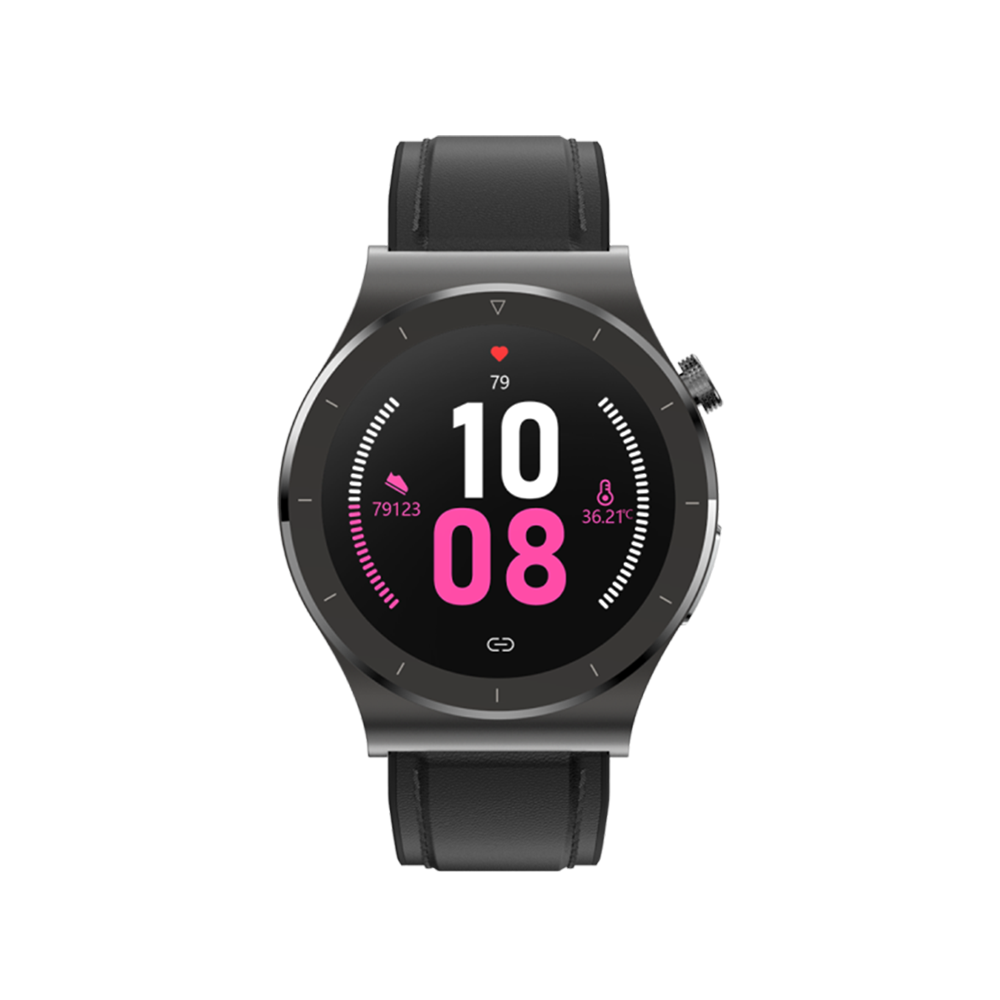
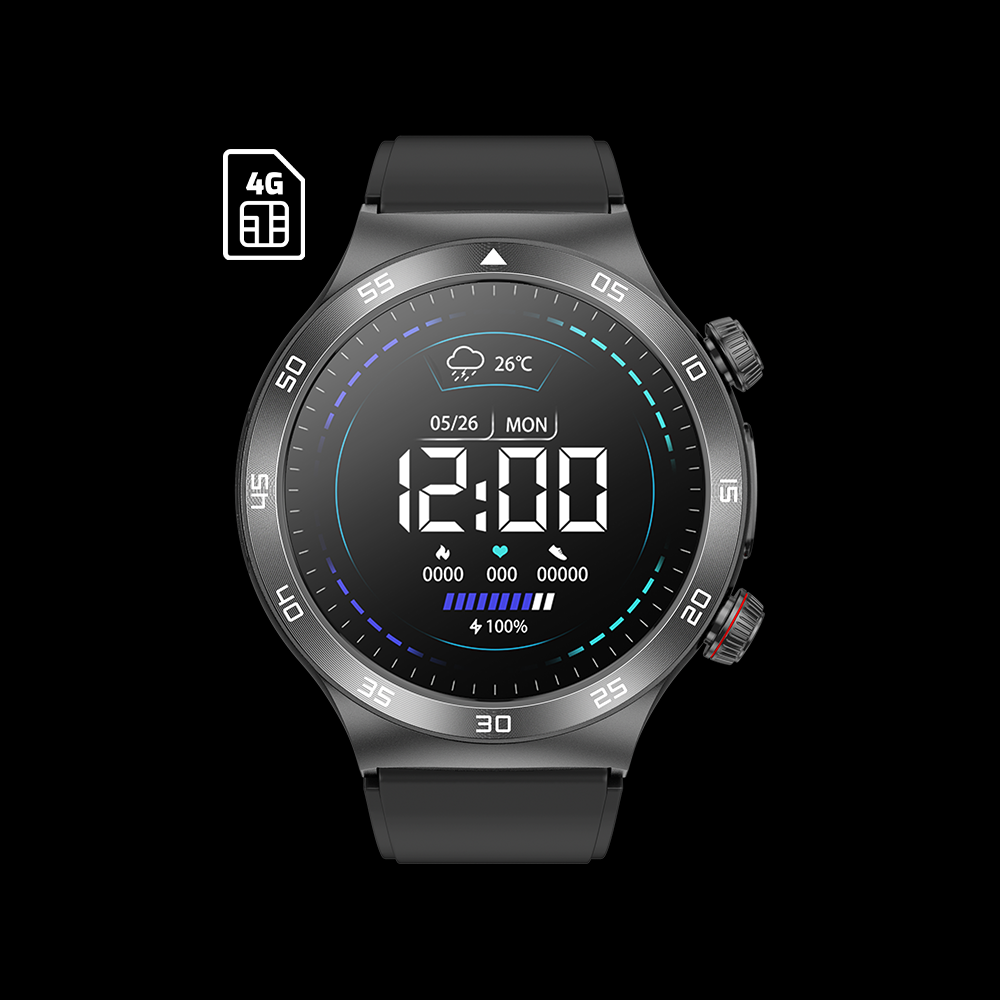
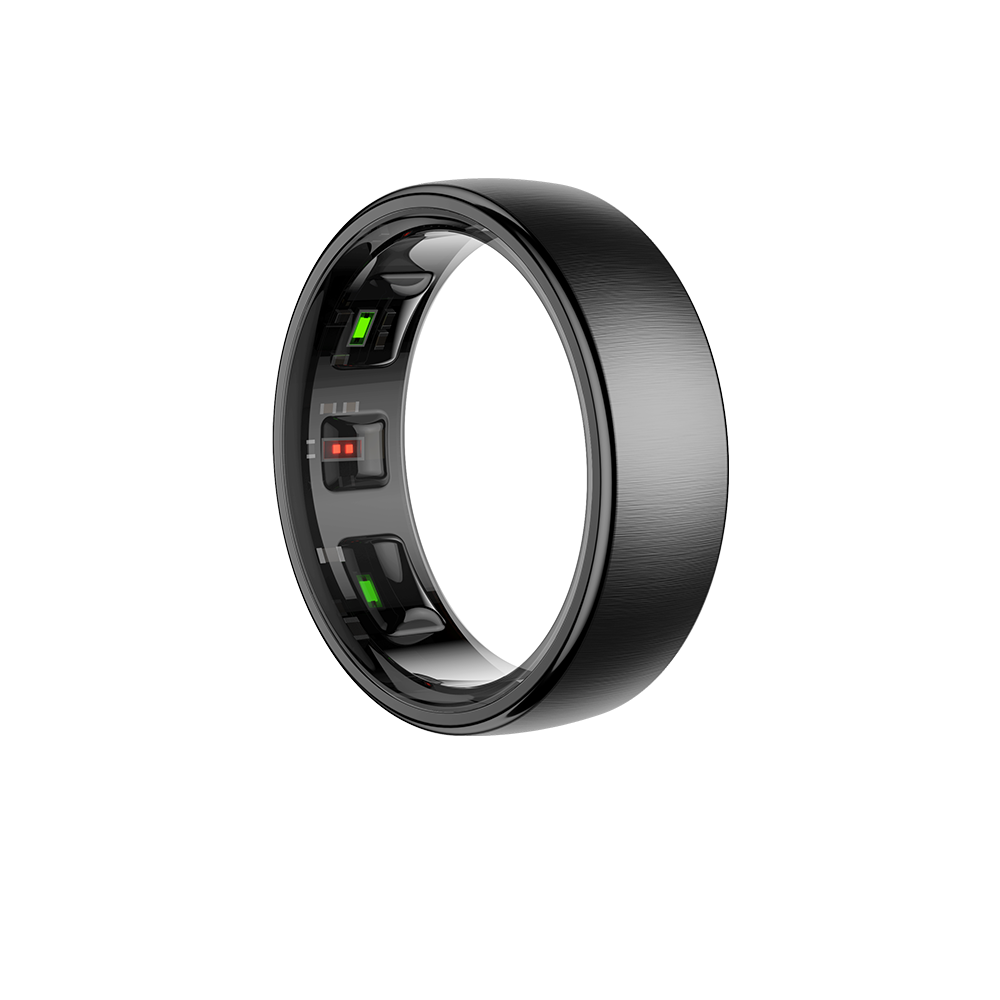
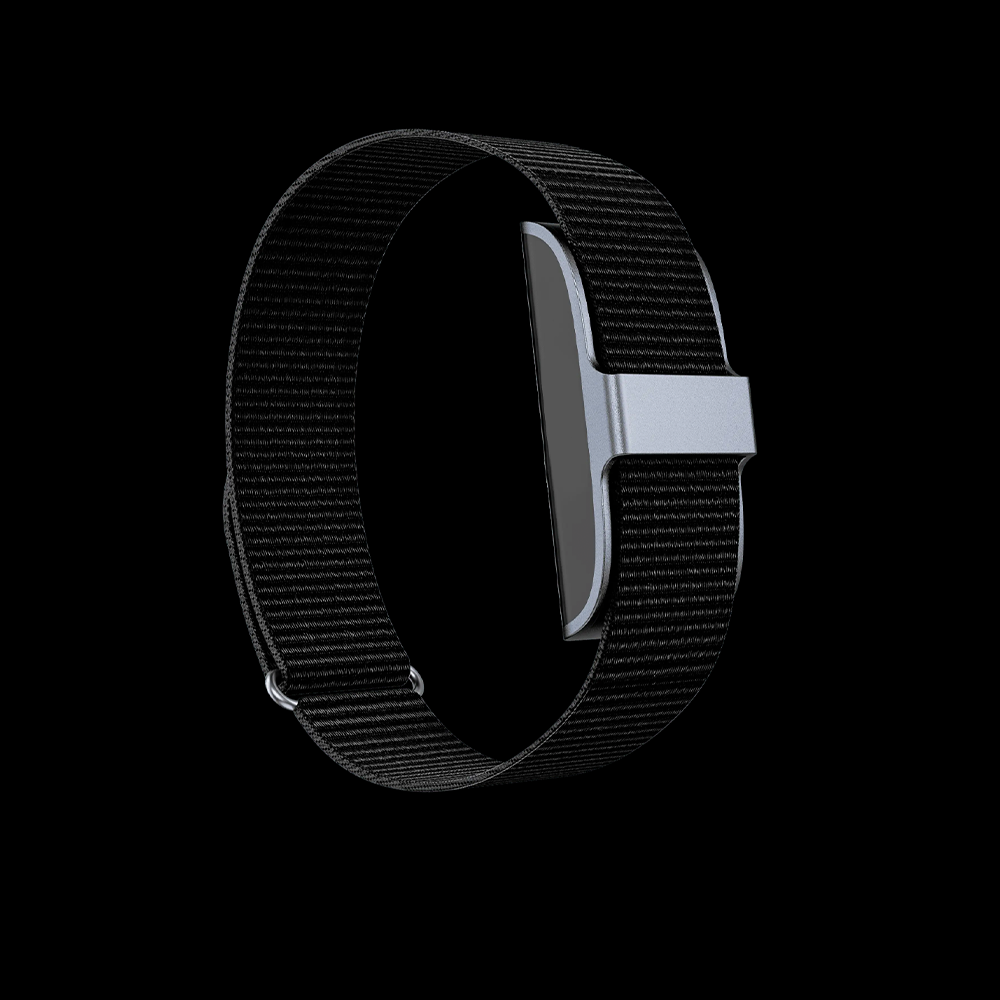
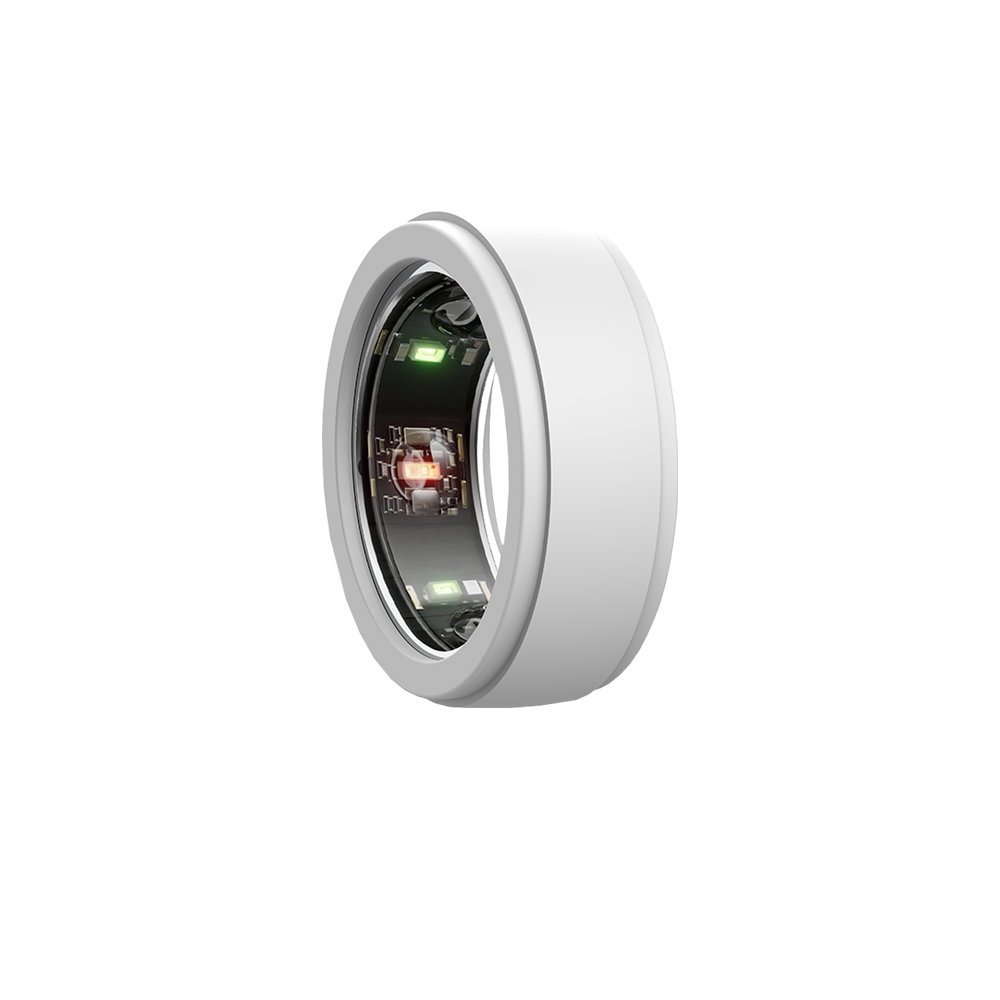



Leave a comment
This site is protected by hCaptcha and the hCaptcha Privacy Policy and Terms of Service apply.